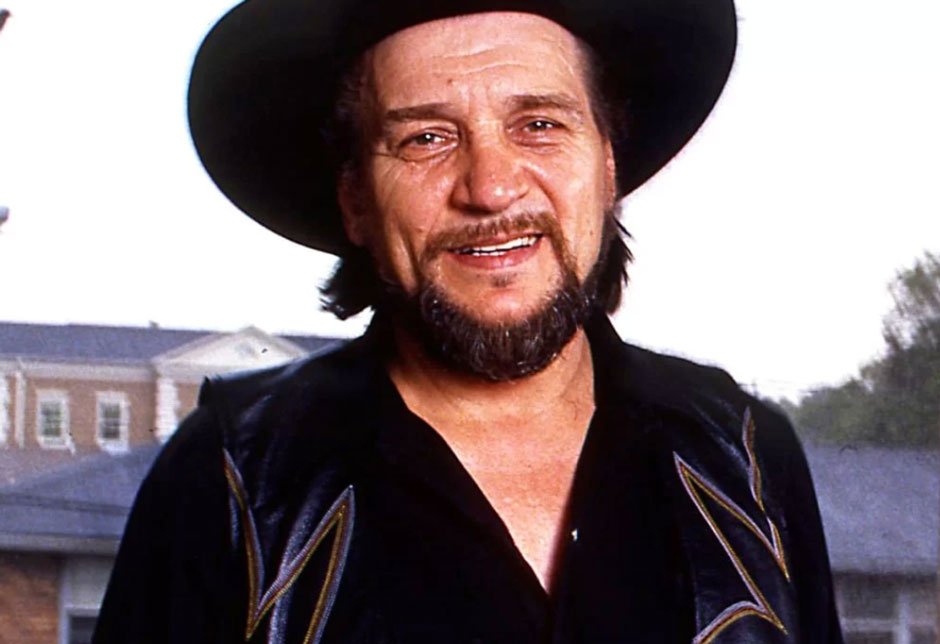Does the name, Buddy Dean Jennings, ring a bell? This article will cover all that you need to know about him.
Background
Buddy Dean Jennings was born on March 21, 1960 (age 64 years). He is the son of popular American singer-songwriter and musician, Waylon Jennings, and his ex-wife Maxine. Buddy Dean Jennings has 5 siblings; Terry Vance Jennings, Shooter Jennings, Julie Rae Jennings, Deana Jennings, and Tomi Lynne. Information about Buddy Dean Jennings’ early life is unavailable to the public.
Education and Career
Information about Buddy Dean Jennings’ education and career is also unavailable to the public.
His Father, Waylon Jennings

Waylon Jennings (1937-2002) was no ordinary country music star. Born in rough West Texas, Jennings’ music reflected a raw, rebellious spirit against the polished sounds of Nashville. He pioneered “outlaw country,” a subgenre that broke with convention to adopt a rougher, rockier sound.
Jennings began playing early. He was playing guitar by age eight and performing on radio by fourteen. At sixteen he left high school to become a musician and DJ. This period saw him bounce between Texas and Arizona radio stations to develop a local following.
A turning point came in 1958 with Jennings meeting Buddy Holly. Holly liked Jennings and hired him as his bassist – and arranged his first recording session. The plane crashed and Holly died in 1959. And Jennings, who gave his seat on the flight to another musician, was touched by the event. That shadow lasted for many years, and sparked a period of personal struggle which would influence his music.
In the 1960s, Jennings played in the Nashville music scene. He got a record deal and had a few hits, including “Just to Satisfy You,” but his music often did not meet the industry standards for polished music. Not content with creative limitations, Jennings turned to a more authentic sound – one that reflected his own rebellious spirit and everyday struggles. This was the beginning of outlaw country.
In the 1970s, Jennings began to make money professionally. Albums like Honky Tonk Heroes and Dreaming My Dreams became anthems for the disenfranchised from the mainstream. Rough vocals and an outlaw persona became popular with a new generation of country music fans. Joint ventures with like-minded artists like Willie Nelson solidified Jennings as an outlaw icon.
In the 1970s, Jennings also became more personal. His turbulent first marriage to country singer Jessi Colter inspired many of his songs. Their struggle with addiction and eventual overcoming it became a narrative in their music. They became a force in the outlaw country scene, with Colter becoming a successful singer-songwriter.
In The 1980s, Jennings continued to be successful with the Highwaymen – a super group featuring himself, Nelson, Johnny Cash and Kris Kristofferson. This collaboration made outlaw country a staple in American music history.
Though Jennings’ net worth at the time of his death in 2002 is not public, his legacy goes beyond money. As a musician, he was a status quo challenger who spoke up for the underdogs. His legacy inspires current country musicians today and shows how authenticity and rebellion can work in music.
The story of Jennings goes beyond music. It is about resilience, overcoming hardship and being true to yourself. His musical legacy is a life lived on his terms, one that will live in the history of country music.



